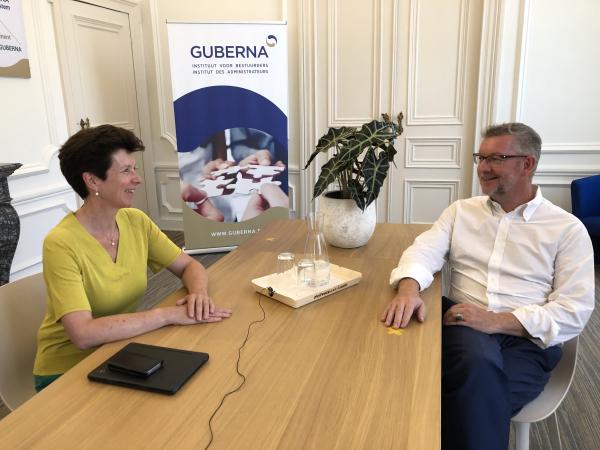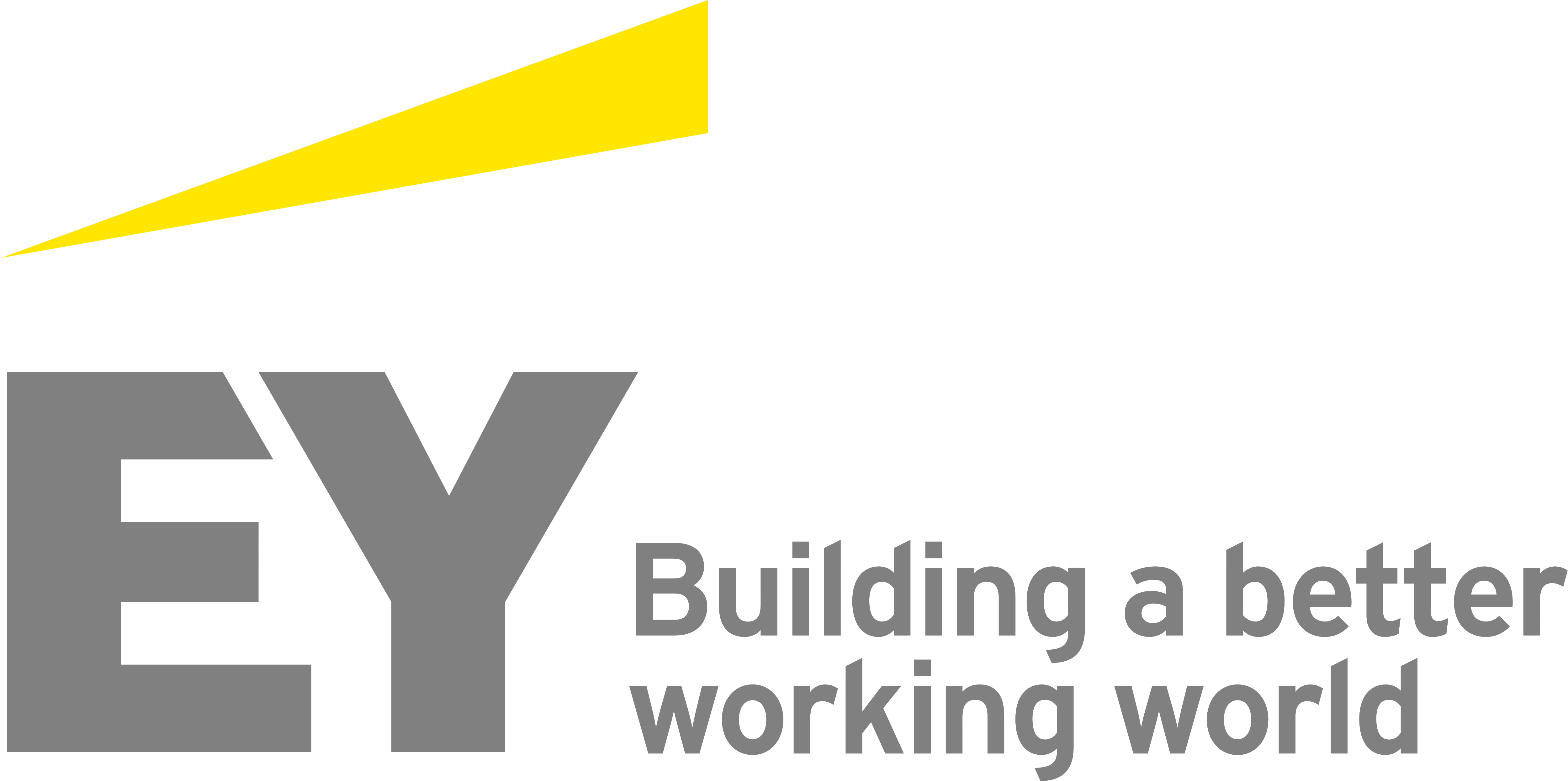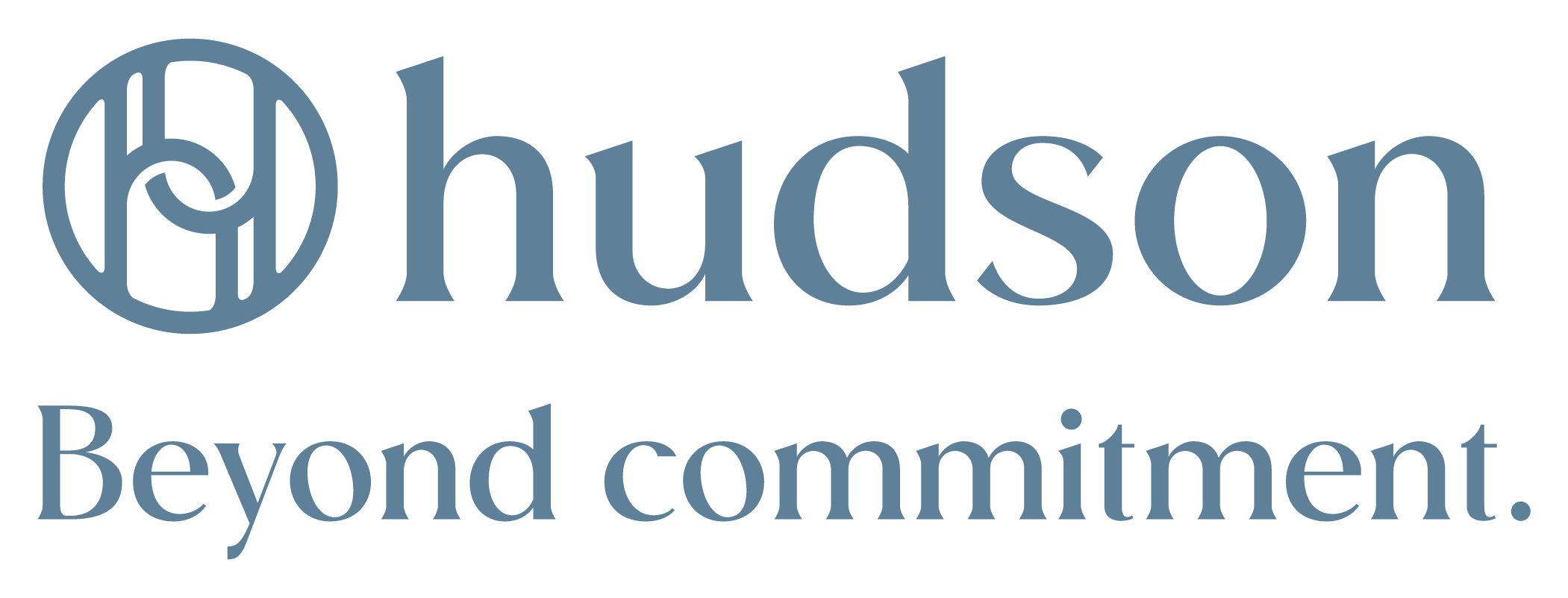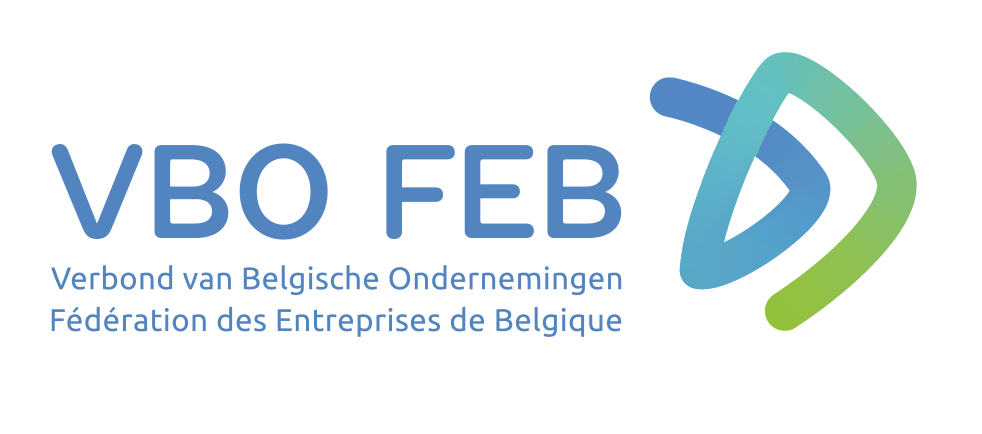GUBERNA Alumni Sparkles - Danny Saerens


Being a director is a profession
The modernisation of the role of director and the proper application of governance are progressing at an extremely slow pace. Governance is much more than economics and legislation. It is essential to show leadership in an integer, visionary and resolute manner. A professional association in which professionalism, practical experience and preparation for new tasks are systematically tackled, can play a supporting role in the professionalisation process
Danny Saerens
Board Director, Strategist, Entrepreneur
broadenyourworldview.com
Could you introduce yourself and the context in which you carry out your mandate(s)?
I was born in 1961. In the first 10 years of my career I was active in HRD, then I started studying business economics. I was, among others, COO and Strategic Director at Brico.
At the age of 43, I decided to become an independent director. At that time, it was not so common to work as a director under the age of 60. That is why I usually started as a strategic consultant to become a director at a later stage.
Why did you decide to become a director?
In 1997 I became a director in the sheltered workshop of Asse on a voluntary basis and in 2001 I became chairman. I felt that the job was tailor-made for me. Among other things, a strong governance trajectory appealed to me. In 1999, the chairman of the Board of Directors had started implementing governance. At that time, we still had to develop many rules ourselves. We worked with the four-eyes principle as a guideline. In 2001, the Ypres-based speech technology company Lernout & Hauspie was declared bankrupt and this gave an enormous boost to the development of governance. GUBERNA was also founded in more or less the same period of the 1990s.
What impact does the current crisis have on your role as director?
I have become aware of the challenges of what I call the 'Age of Artificial Intelligence': not only of the strategic issues, but also of the ethical issues, the social and organisational impact. I am currently writing down my vision in an essay. This obliges me to get to the heart of the subject. A philosophical reflection is called for. This is also why I am studying philosophy today.
What changes are underway, which society do we want, how will we deal with racism, gender balance, genetic manipulation, ...?

Which knowledge and skills do you think are crucial to be a good director?
The skills of a director depend on the role you assign to a Board of Directors. There is the legal role, which mainly focuses on financial control, compliance and statutes. There is the role of managing an organisation. By this I mean the final responsibility for purely strategic decisions such as: vision, mission, values, focus, acquisitions, closures, appointing the management ...
If you accept both these roles, then a director should be able to develop a helicopter view in these domains. He has an exemplary role to play. He needs to implement and monitor governance. He also needs to understand and take into account the life cycle of an organisation and adhere to his role as agreed upon.
In short, governance is about more than economics and legislation. It is essential to show leadership in an honest, visionary, and bold way.
What do you consider to be your specific added value for a board?
Due to its separation from operational activities, a good board is the ideal platform to ensure that the organisation is regularly looked at from a distance, within a broader context and from a with long term perspective
Which themes deserve the full attention of the boardroom?
The answer to this question depends on the development phase of the company.
Naturally, people, strategy & profit are fixed themes and for me, 'planet' should be undoubtedly one of them.
So, the themes depend on the momentum. And this also applies to the composition of the board. Until now, it is still too often a story of “knowing the right person”.
The consistent application of governance is to this day still insufficiently established, while it has clearly proved its worth to me. The following points, among others, require special attention:
1) Consultation structure - crisis calls for good consultation processes that stimulate learning.
2) Division of roles - make good agreements about 'who does what', give a professional interpretation to each role, determine the powers of the CEO and the Board of Directors.
3) Protection - against concentrations of power and corruption.
4) Stay away from circular reasoning - a decision should not be a compromise, listen to all ideas, weigh up proposals, decide.
Which tips do you want to give (future) directors?
Consider being a director as a profession. Modernisation of the role of director and the proper application of governance is an extremely slow process. If an organisation is not ready for a professional Board of Directors, you better advise them to set up an Advisory Board.
A professional association in which professionalism, practical experience and preparation for new tasks are tackled systematically, can play a supporting role in professionalisation. GUBERNA can play a key role here
How did the GUBERNA's education programmes contribute to your success as a director?
I followed the training courses in 2008-2010. At that time, I had already been a director for a few years. The content was very valuable because I was able to refine my experience with innovative insights.
When I meet people who want to become a director, I always advise them to follow the GUBERNA education programmes first, so that they get a good understanding of what it is all about.
Feel free to watch the second part of the interview
Want to contribute to GUBERNA Alumni Sparkles?
GUBERNA wants to be a true community in which each member can perform his/her role as director in the best conditions.
To encourage the exchange of experiences and knowledge, the GUBERNA Alumni have launched an interview series: GUBERNA Alumni Sparkles. Through the stories of experienced directors, we want to inspire our members.
Would you like to contribute to GUBERNA Alumni Sparkles or do you have suggestions for interviewees or topics? Please send an email to Danny Vandevyver.








